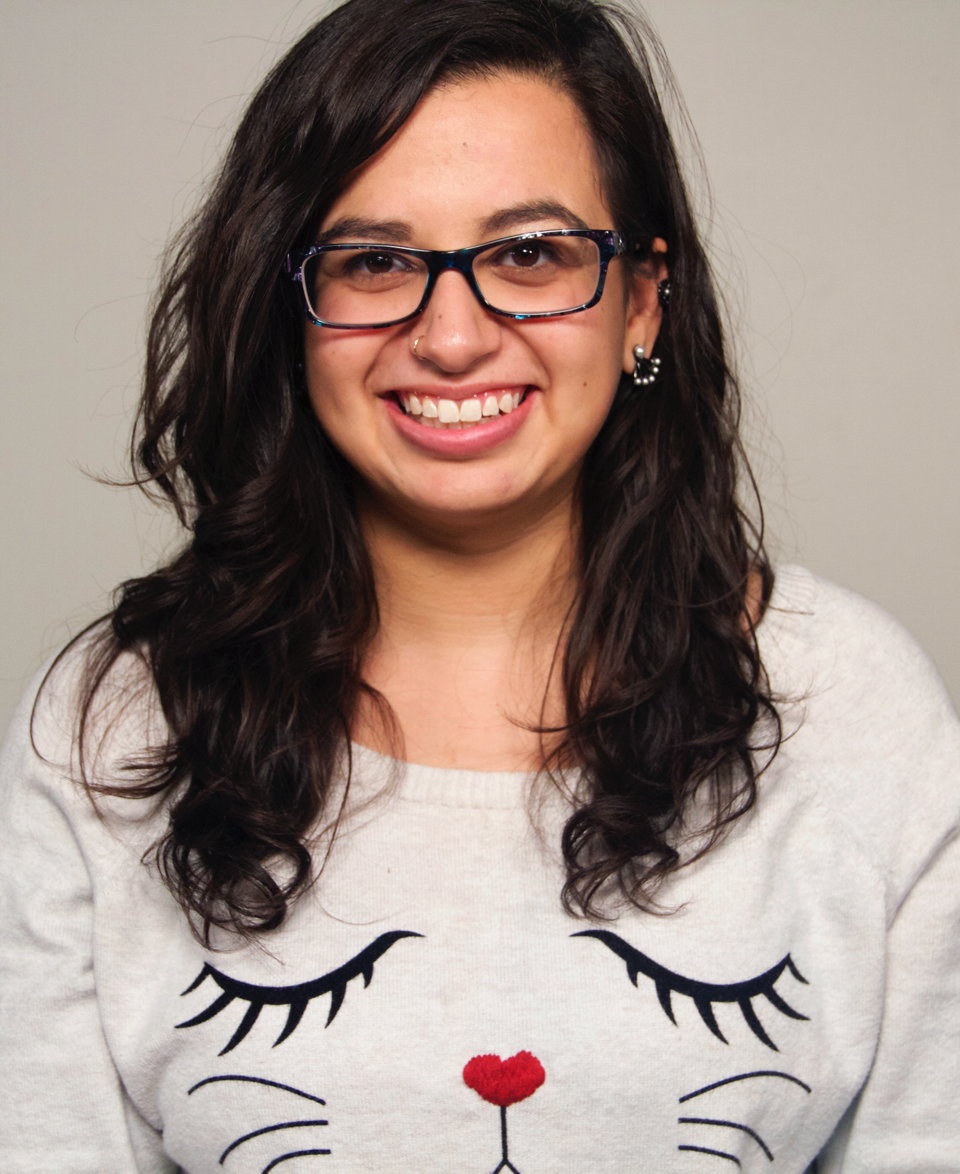Para leer en español, haga clic aquí.
"It's important to me that queer survivors know their stories are valid. Many people don't believe us, because they don't understand same-sex violence. Well, I believe you. And you will find someone else who believes you too."
When Isabella Mosqueda was a freshman in high school, she was struggling with mental health issues and had a hard time opening up. A friend introduced her to Rachel*, a senior at their school who was going through similar challenges. Their friendship blossomed quickly. “Honestly it was super refreshing. I had only been in small, conservative, private schools and never felt like I could talk to someone about my mental health issues or the abusive household I grew up in,” remembers Isabella. “For a while, it was kind of magical.” They started dating three months later.
 What began as a balanced relationship soon grew controlling. “It’s hard to say when the abuse started,” said Isabella. “When we were first dating, it was like a Disney story: we’d talk 24/7; she wrote me a love song; we danced in the snow. Then things started changing, subtly at first.” Rachel became adamant about knowing Isabella’s whereabouts and would call her incessantly. She also tried to control what clothes Isabella wore. Eventually Rachel convinced Isabella to abandon her other friends and family.
What began as a balanced relationship soon grew controlling. “It’s hard to say when the abuse started,” said Isabella. “When we were first dating, it was like a Disney story: we’d talk 24/7; she wrote me a love song; we danced in the snow. Then things started changing, subtly at first.” Rachel became adamant about knowing Isabella’s whereabouts and would call her incessantly. She also tried to control what clothes Isabella wore. Eventually Rachel convinced Isabella to abandon her other friends and family.
“I felt crappy sometimes, but convinced myself it was because she cared about me and she wanted to keep me safe."
It’s taken Isabella many years to come to terms with the physical coercion that also existed in the relationship. “The first time we kissed was the first day we started going out. I was not ready, but she told me we needed to make our relationship official.” The abuse eventually escalated. “When I told her I wasn’t ready [to have sex] she asked me, “Well don’t you love me?” I said, “Yes of course,” but she wanted me to prove it.” For the next four months, Rachel continued to coerce Isabella into sexual acts. “After it happened the first time, and every time after that, I’d take a shower and scrub myself clean. Then I would cut myself and try to get her out of me."
Dating violence can happen among all types of couples, and it can look different depending on the dynamics of the relationship. In LGBTQ relationships, dating violence can include one partner pressuring another to “prove” their sexuality. If you are in a situation when someone is pressuring you, remember that it’s not your fault—and you didn’t “put yourself in the situation.” Consider ways to exit the situation safely, such as reaching out to a neutral friend or pretending to be sick.